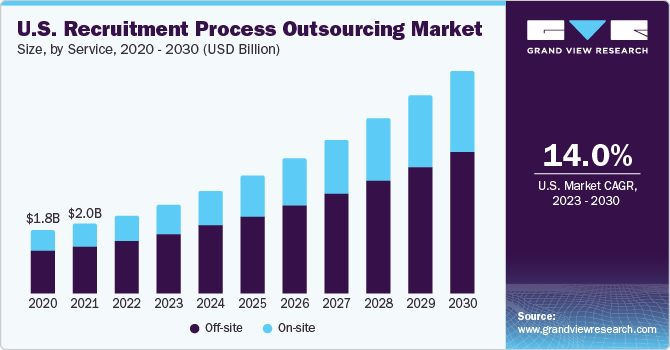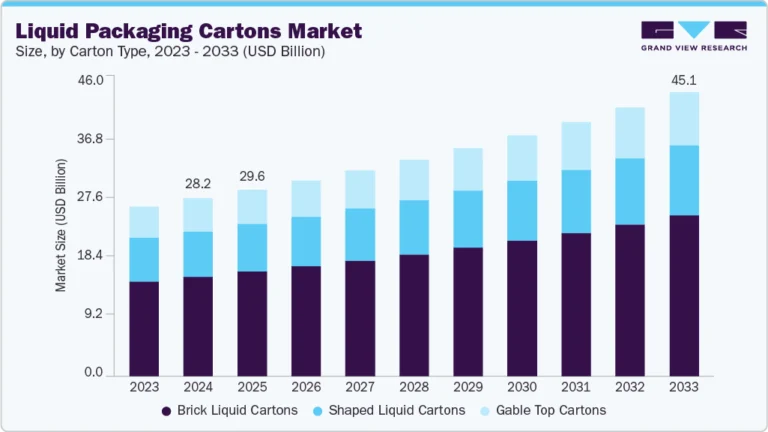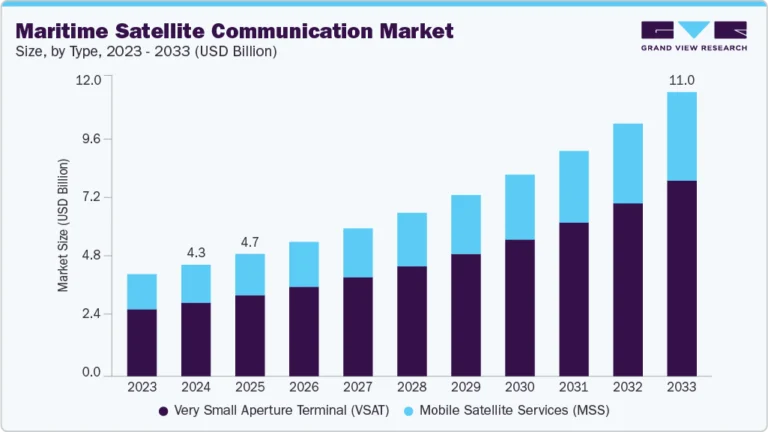Recruitment Process Outsourcing Market Size, Share & Trends Analysis growing at a CAGR of 16.1% from 2023 to 2030

The global recruitment process outsourcing market size was estimated at USD 7.33 billion in 2022 and is anticipated to reach USD 24.32 billion by 2030, growing at a CAGR of 16.1% from 2023 to 2030. The two primary factors driving the market growth are the need for an effective recruiting process and reduced overhead costs.
Key Market Trends & Insights
- North America dominated the market and accounted for the largest revenue share of 41.2% in 2022.
- Asia Pacific is expected to grow at the fastest CAGR of 18.8% during the forecast period.
- By type, the enterprise-based segment accounted for the largest revenue share of 55.7% in 2022.
- By service, the off-site segment accounted for the largest revenue share of 66.9% in 2022.
- By enterprise size, the large enterprise segment accounted for the largest revenue share of 68.9% in 2022.
Market Size & Forecast
- 2022 Market Size: USD 7.33 Billion
- 2030 Projected Market Size: USD 24.32 Billion
- CAGR (2023-2030): 16.1%
- North America: Largest market in 2022
- Asia Pacific: Fastest growing market
Request a free sample copy or view report summary: https://www.grandviewresearch.com/industry-analysis/recruitment-process-outsourcing-rpo-market/request/rs1
The Recruitment Process Outsourcing (RPO) service providers perform several tasks, from sourcing to selecting candidates and maintaining the quality of recruits. Service providers are implementing innovative technologies such as Artificial Intelligence (AI) and Machine Learning (ML) for self-scheduling interviews and automated screening of CVs to enhance their capabilities. Service providers are further channeling better candidate engagement through chatbots and other assessment tools. AI is expected to be a game-changer in the recruitment industry. It automates candidate sourcing, rediscovery, employee reference, and diversity hiring tasks to improve strategic workforce planning.
The growing attrition rate across several industries is one of the key factors in favor of the RPO market. To remain competitive, several service providers readily offer a replacement for any candidate who quits an organization quickly. Moreover, the education system rapidly evolves, providing hands-on industry experience and advanced skills to fresh graduates and post-graduates. As a result, selecting the right candidate is becoming increasingly challenging for recruiters. The market is also benefitting from the increased focus of employers on core competencies and ways of reducing recruitment costs.
In the automation era, companies are trying to increase or maintain headcount rather than reduce it. Companies invest in digital technologies, requiring a skilled workforce to perform new and complementary tasks to those done by machines. However, the labor shortage and difficulty in finding just-in-time talent are restraining the growth of the companies. As a result, the companies outsource hiring, boosting market growth. To bridge the gap between the new skilled workforce requirement and existing resources, only some companies are upskilling their workforce to build the required expertise. Companies are also deploying diverse approaches to address this challenge, including developing a learning culture within the organization to provide career guidance training sessions.






